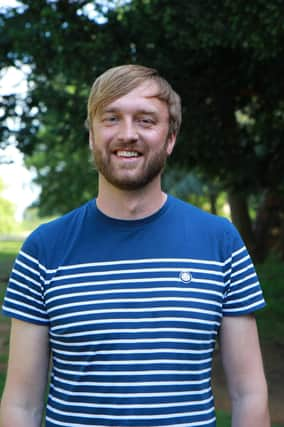Assisted dying legislation risks most ancient of instincts - Stuart Weir


British healthcare borrows the ethos of the ancient Hippocratic oath and requires trainees at the beginning of their careers to live by it: “I will not give a drug that is deadly”. Ending the life of other human beings is the ultimate red line. Why? Because humans are significant beings by default. This is a clear sign that the ancients esteemed humans highly. Alarmingly, this most ancient of instincts in medicine is at risk today with the prospect of new ‘assisted dying’ legislation.
Campaigners for assisted suicide ask: ‘what about acute and unbearable pain? Surely that is an exception to the great oath?’ Not as it stands. The oath of Hippocrates is in place precisely for these moments of doubt and profound questioning. We are different from animals. For generations, sages and philosophers have concluded that human beings are the apex of animal life. Our brightest and best have maintained that suffering pets can be euthanised, but to follow suit with humans should be out of human bounds. There is a deeper reverence surrounding human life which separates us from all other creatures.
Advertisement
Hide AdAdvertisement
Hide AdNeither are humans a random aggregate of atoms that eventually fall apart. We live even if many of us do not find ourselves living happy lives. The nihilistic meaninglessness of Nietzsche only leads us to madness; there is more to glean from life than mere ‘existence’. Human life is something to hallow, something to swallow hard at when we pause to consider one another’s special expression. Postmodern existentialists have taken us down a dead end in this regard. We do have a purpose as a species, which is a clue that humans are highly significant.
We are a social species. We live in places and communities together with shared services that offer us gifts of the common good. Life is not about me; it ought to be about us. When the emphasis shifts from the communal to the individual our society breaks down because selfishness reigns. If the autonomous self, which always seeks overreaching control, becomes commonplace, life together crumbles. Living as if only my way matters only lends itself to petulance. Thus when we make laws that compel physicians to cross a medical red line, we are unreasonably enforcing that person to place a burden on their conscience. We are asking families with power of attorney to question whether they “should have pushed for that outcome, even despite their suffering?”
Humans have carved civilisations around mutual care. We wait with one another. We learn what it means to care. We hold the feeble hand. We patiently empathise. We grieve in advance and hope for the best. We sit in patient silence with our loved ones. This is what we have always done and must continue to do. It is imperative that our compulsion to urgently react to the pain of others by offering them death be met with impermeable restraint. Because to terminate the life of another human being by assisted suicide is to prematurely end something extraordinarily special. Not just something, but someone.
Stuart Weir, National Director of CARE for Scotland
Comments
Want to join the conversation? Please or to comment on this article.